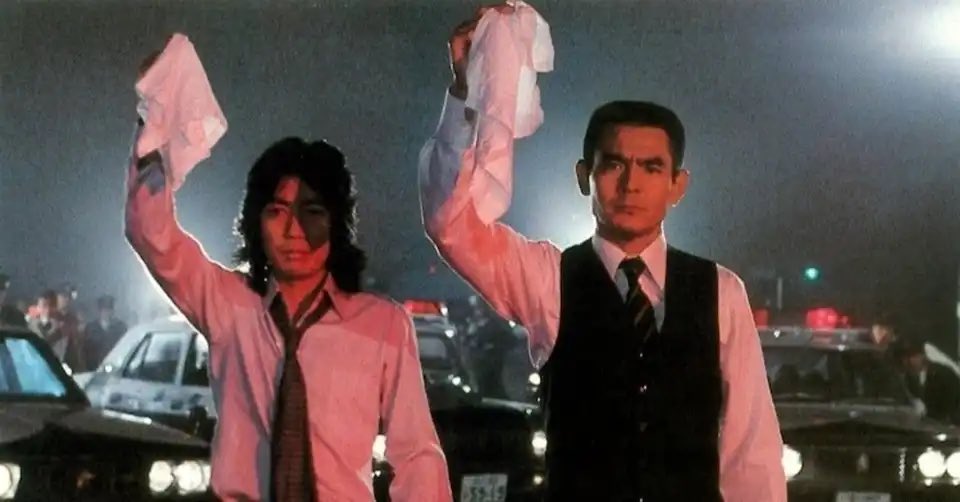meatthesavages.com – “The Man Who Stole the Sun,” directed by Kazuhiko Hasegawa, is a 1979 Japanese film that stands out for its daring narrative and unique blend of comedy, thriller, and social commentary. The film explores themes of power, rebellion, and the ethical implications of nuclear technology, encapsulated in a story that is as thrilling as it is thought-provoking. It remains a significant work in Japanese cinema, noted for its audacious approach to controversial subject matter.
Plot Overview
The film follows the story of Makoto Kido, a high school science teacher played by Kenji Sawada, who decides to build a homemade atomic bomb. His motivation stems from a combination of personal disillusionment and a desire to challenge the status quo. As Kido navigates the complexities of constructing the bomb, he finds himself embroiled in a series of events that attract the attention of both the police and the media, eventually leading to a tense standoff.
Thematic Exploration
At its core, “The Man Who Stole the Sun” is a satire on the misuse of power and the absurdities of extremism. It questions the morality of nuclear capability in the hands of individuals and institutions alike. The film cleverly juxtaposes Kido’s seemingly absurd quest with the real-world implications of nuclear proliferation, prompting audiences to reflect on the balance between scientific advancement and ethical responsibility.
Visual and Stylistic Elements
Kazuhiko Hasegawa’s direction brings a distinctive style to the film, utilizing a blend of dark humor and suspenseful storytelling. The film’s cinematography captures the tension and chaos inherent in Kido’s journey, while its score complements the narrative’s shifts between comedy and drama. The depiction of the atomic bomb’s construction is both detailed and chilling, adding to the film’s controversial reputation.
Cultural Impact and Reception
Upon its release, “The Man Who Stole the Sun” garnered attention for its bold subject matter and was both acclaimed and criticized for its portrayal of nuclear terrorism. It has since been recognized as a cult classic, appreciated for its fearless exploration of themes that remain relevant today. The film challenges viewers to consider the implications of unchecked power and the thin line between genius and madness.
Conclusion
“The Man Who Stole the Sun” is a cinematic experience that defies easy categorization, blending elements of satire, thriller, and social critique into a compelling narrative. It is a film that invites audiences to question the dynamics of power and the responsibilities that come with it. Through its provocative storyline and memorable characters, the film continues to resonate, offering insights into the complexities of human ambition and the consequences of radical actions.
